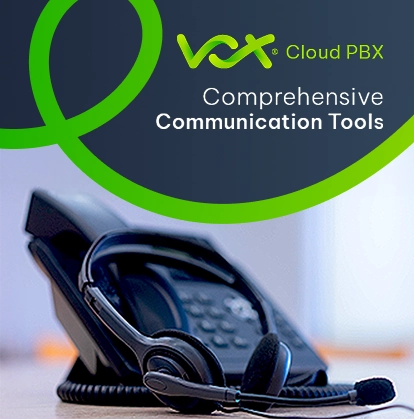The expanding fibre network is set to change how we live and work, and how companies service their customers.
Since Parkhurst installed its neighborhood fibre network in mid-2014, the rollout of fibre to residential areas has taken off dramatically. Vox’s Executive Head of Carrier and Connectivity, Simon Butler, says that by the end of 2016, he is expecting close on 50 000 to 60 000 homes connected to a Fibre-to-the-home network and a further 200 000 to 300 000 homes passed with access to order a FTTH service.
“This is a quantum leap both in terms of growth rate and what the technology can enable,” Butler says. “One of the drivers is the huge and growing demand for richer types of content and the fact that middle-class homes have a growing number of smart, connected devices in them—phones, tablets, TVs and, increasingly, security systems, home management and other appliances. All of this requires bandwidth, and lots of it, which is what fibre can deliver.”
Butler believes the rollout of fibre -to-the-home has implications for business over and above the improved life quality of individuals. As smart devices proliferate, the way people consume content is changing, often radically. For example, traditional broadcast programming is under severe pressure from online content providers like Netflix and Showmax that make content available on demand—and are also starting to create their own content, conceptualised specifically for a range of devices.
Similarly, educational content providers are under increased pressure to complement in-school lessons, effectively extending the classroom into the home.
In all cases, traditional business models will be overturned, and only the nimblest will make the transition.
Steroid boost
Another major business impact will be in the home office. Fibre allows a true work from home, telecommuting, environment with access to sophisticated hosted-PBX platforms, high-definition video-conferencing and high speed network access all of which gives an employee an ‘in the office’ virtual experience.. For mature businesses, certain resources (like salespeople, for example) will be able to work from home effectively, reducing time spent away from clients and generating significant savings on office costs.
Fibre-connected home offices also have the potential to catalyse the development of small and entrepreneurial businesses, Butler believes.
“At present, we see approximately2% of connected households using fibre to run a business, but that will change as the potential becomes apparent,” Butler believes. “The reliability of fibre, coupled with the extraordinary (and growing) range of services one can access, creates a value proposition that is compelling.”
In particular, fibre makes it possible to get a startup operational very quickly—staff members can work from their homes, yet customers get the experience of dealing with a traditional company. For example, calls to the company number can be transferred to employees who are in their home offices rather than down the corridor, and everyone accesses the same technology, applications and storage via the cloud.
“Fibre has ignited a revolution on a number of fronts, that’s for sure,” Butler concludes. “With its existing footprint of computing and datacentre services, and its network infrastructure, including a growing investment in fibre, Vox Telecom is perfectly positioned to be a major player.”












